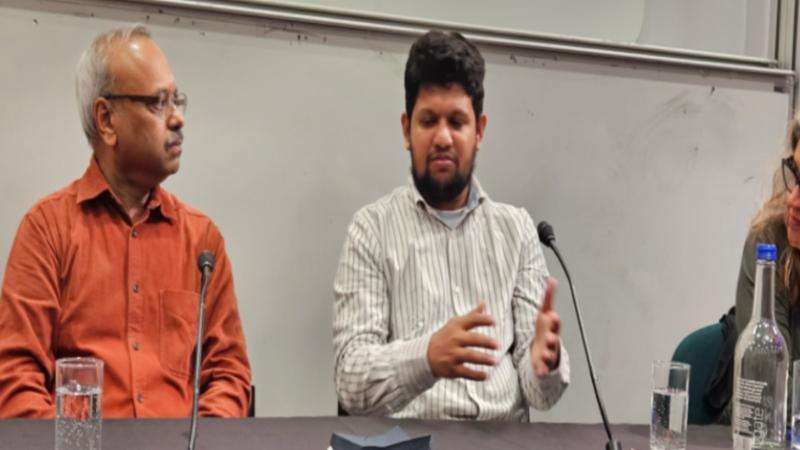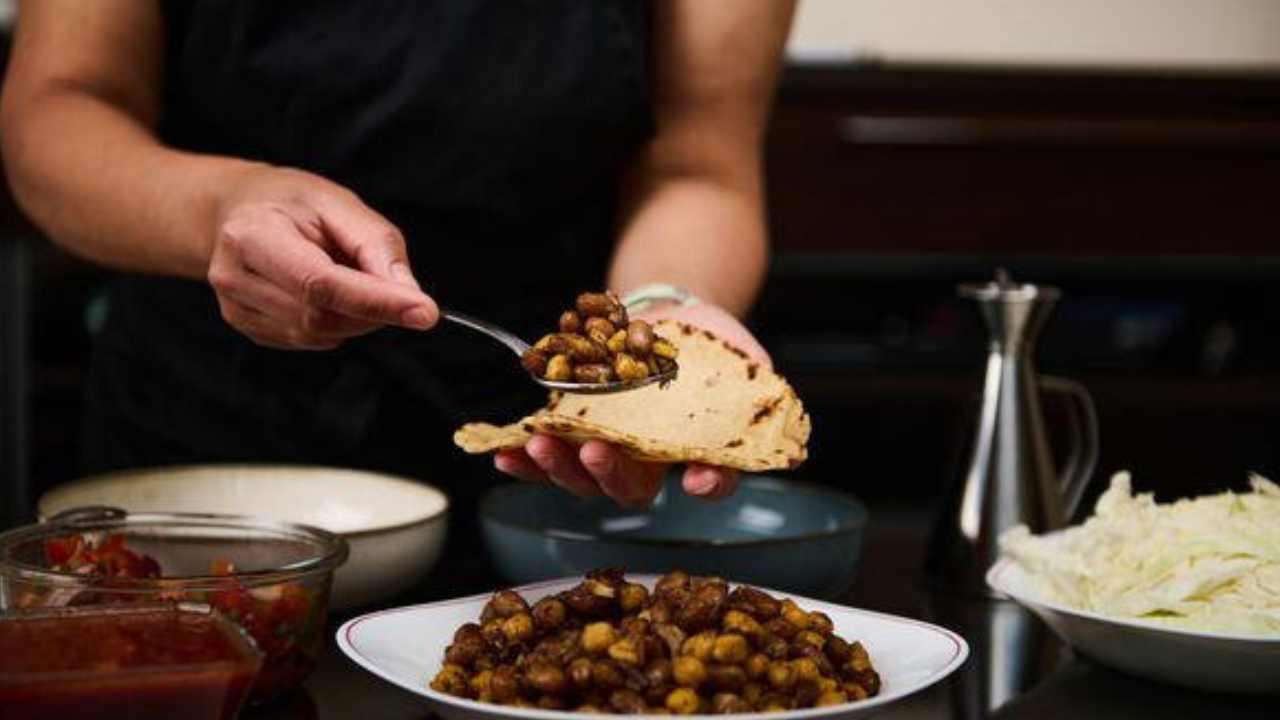British farmers and rural communities are intensifying their criticism of a growing trend among local councils to ban meat and adopt "plant-based" policies, warning that the movement not only undermines the agricultural sector but also poses significant challenges to religious communities, particularly those requiring halal meat. This "compulsory veganism," funded by taxpayers, is being slammed as an "absurdity" that disregards the crucial role of local agriculture and the diverse dietary needs of the UK's population.
At least ten local authorities across the UK have either a meat ban in place for council events or have formally signed the Plant Based Treaty, an international campaign that advocates for a global shift to veganism. This has sparked outrage from organizations like the Countryside Alliance, which argues that these policies are based on flawed, global data that fails to account for the sustainability of British farming.
The controversy is highlighted by the actions of councils like Oxfordshire, which banned meat, dairy, and eggs from its official catering. The council has since faced accusations of hypocrisy after it was revealed they were serving imported fruit, like oranges and bananas, at these events—a move that directly contradicts their own policies on reducing "food miles." Similarly, Camden Council, the local authority for Prime Minister Keir Starmer, is facing a political row after announcing plans for a fully plant-based catering policy, following pressure from vegan advocacy groups.
A key and often overlooked aspect of this debate is the impact on religious communities. For Muslim residents, the move towards exclusively plant-based catering presents a direct conflict with their dietary requirements. Halal meat, which must adhere to specific religious practices during slaughter, is a central part of many Muslims' diets. A ban on all meat in council-catered events removes the option for halal-certified meals, forcing individuals to either choose vegetarian alternatives or bring their own food. This issue has precedent; a previous attempt by Lancashire County Council to supply only pre-stunned "halal" meat to schools in 2013 led to widespread concern and a boycott of school meals by Muslim pupils and parents, as many Muslims believe that pre-stunning renders the meat non-halal.
Farmers and agricultural advocates argue that councils are being swayed by rights groups with little to no experience of agriculture and are jeopardizing the countryside by promoting an unmanaged, anti-meat agenda. Instead of blanket bans, they suggest a more sensible and effective approach: supporting local growers and farmers, regardless of whether they produce meat, dairy, or vegetables. This strategy, they contend, would not only support the British economy and rural livelihoods but also genuinely reduce emissions by shortening supply chains and ensuring a food system that is both sustainable and inclusive. The Countryside Alliance has successfully campaigned for several councils, including Suffolk, Cornwall, and Portsmouth, to pass motions promoting British farming and upholding freedom of choice.
The growing disconnect between urban council policies and the realities of rural life and diverse cultural needs is pushing a once-niche cause into a national issue. As the debate continues, farmers and concerned citizens are calling on local authorities to reconsider their radical stance and adopt a more balanced approach that supports British agriculture and respects the dietary choices and religious requirements of all their residents.
At least ten local authorities across the UK have either a meat ban in place for council events or have formally signed the Plant Based Treaty, an international campaign that advocates for a global shift to veganism. This has sparked outrage from organizations like the Countryside Alliance, which argues that these policies are based on flawed, global data that fails to account for the sustainability of British farming.
The controversy is highlighted by the actions of councils like Oxfordshire, which banned meat, dairy, and eggs from its official catering. The council has since faced accusations of hypocrisy after it was revealed they were serving imported fruit, like oranges and bananas, at these events—a move that directly contradicts their own policies on reducing "food miles." Similarly, Camden Council, the local authority for Prime Minister Keir Starmer, is facing a political row after announcing plans for a fully plant-based catering policy, following pressure from vegan advocacy groups.
A key and often overlooked aspect of this debate is the impact on religious communities. For Muslim residents, the move towards exclusively plant-based catering presents a direct conflict with their dietary requirements. Halal meat, which must adhere to specific religious practices during slaughter, is a central part of many Muslims' diets. A ban on all meat in council-catered events removes the option for halal-certified meals, forcing individuals to either choose vegetarian alternatives or bring their own food. This issue has precedent; a previous attempt by Lancashire County Council to supply only pre-stunned "halal" meat to schools in 2013 led to widespread concern and a boycott of school meals by Muslim pupils and parents, as many Muslims believe that pre-stunning renders the meat non-halal.
Farmers and agricultural advocates argue that councils are being swayed by rights groups with little to no experience of agriculture and are jeopardizing the countryside by promoting an unmanaged, anti-meat agenda. Instead of blanket bans, they suggest a more sensible and effective approach: supporting local growers and farmers, regardless of whether they produce meat, dairy, or vegetables. This strategy, they contend, would not only support the British economy and rural livelihoods but also genuinely reduce emissions by shortening supply chains and ensuring a food system that is both sustainable and inclusive. The Countryside Alliance has successfully campaigned for several councils, including Suffolk, Cornwall, and Portsmouth, to pass motions promoting British farming and upholding freedom of choice.
The growing disconnect between urban council policies and the realities of rural life and diverse cultural needs is pushing a once-niche cause into a national issue. As the debate continues, farmers and concerned citizens are calling on local authorities to reconsider their radical stance and adopt a more balanced approach that supports British agriculture and respects the dietary choices and religious requirements of all their residents.
_2.jpg)
_3.jpg)


_3.jpg)



.svg)

.jpg)
.jpg)
